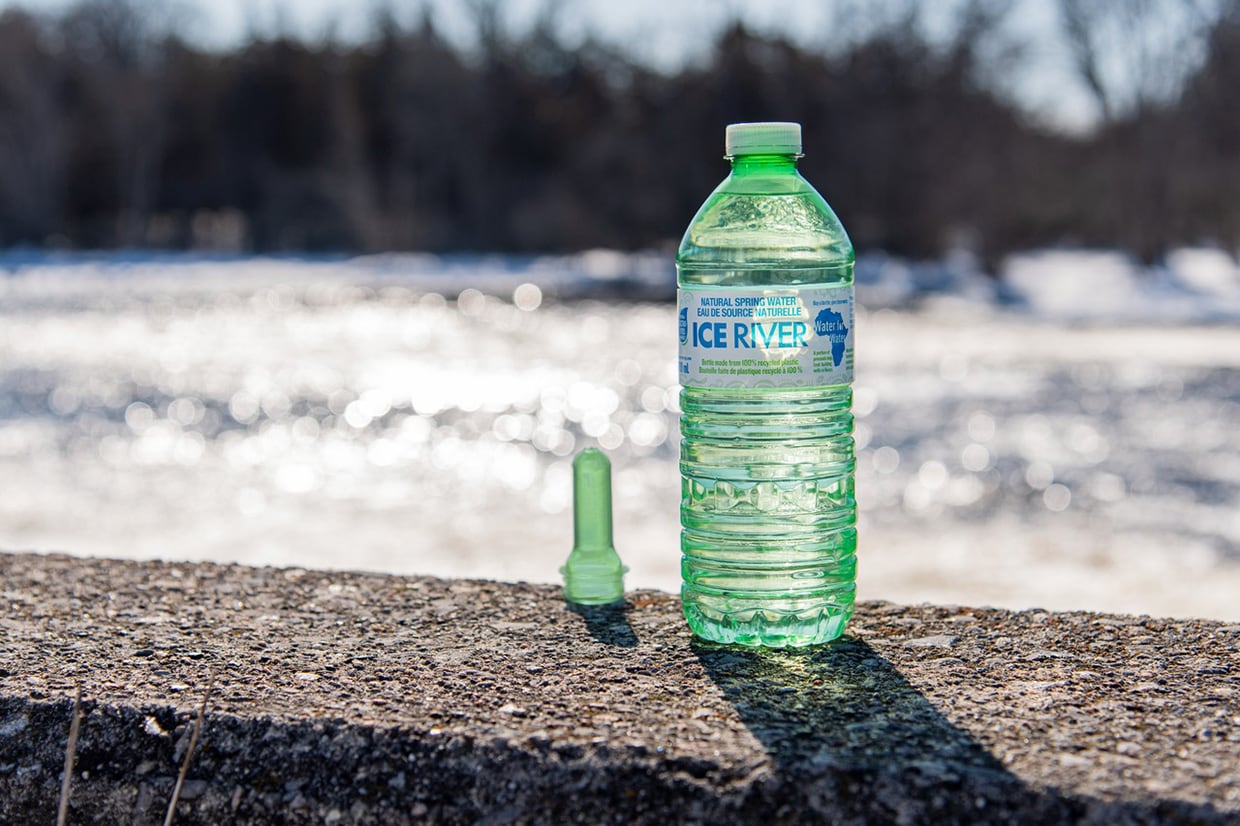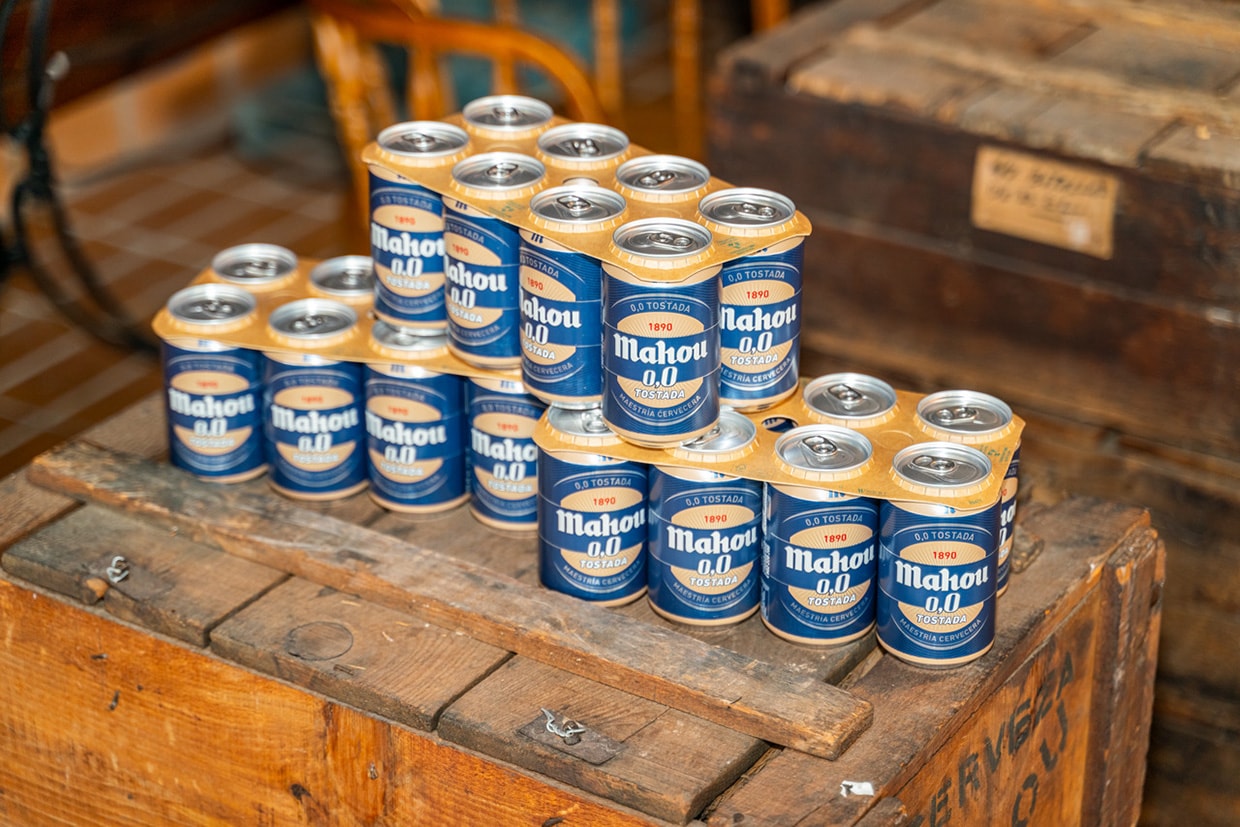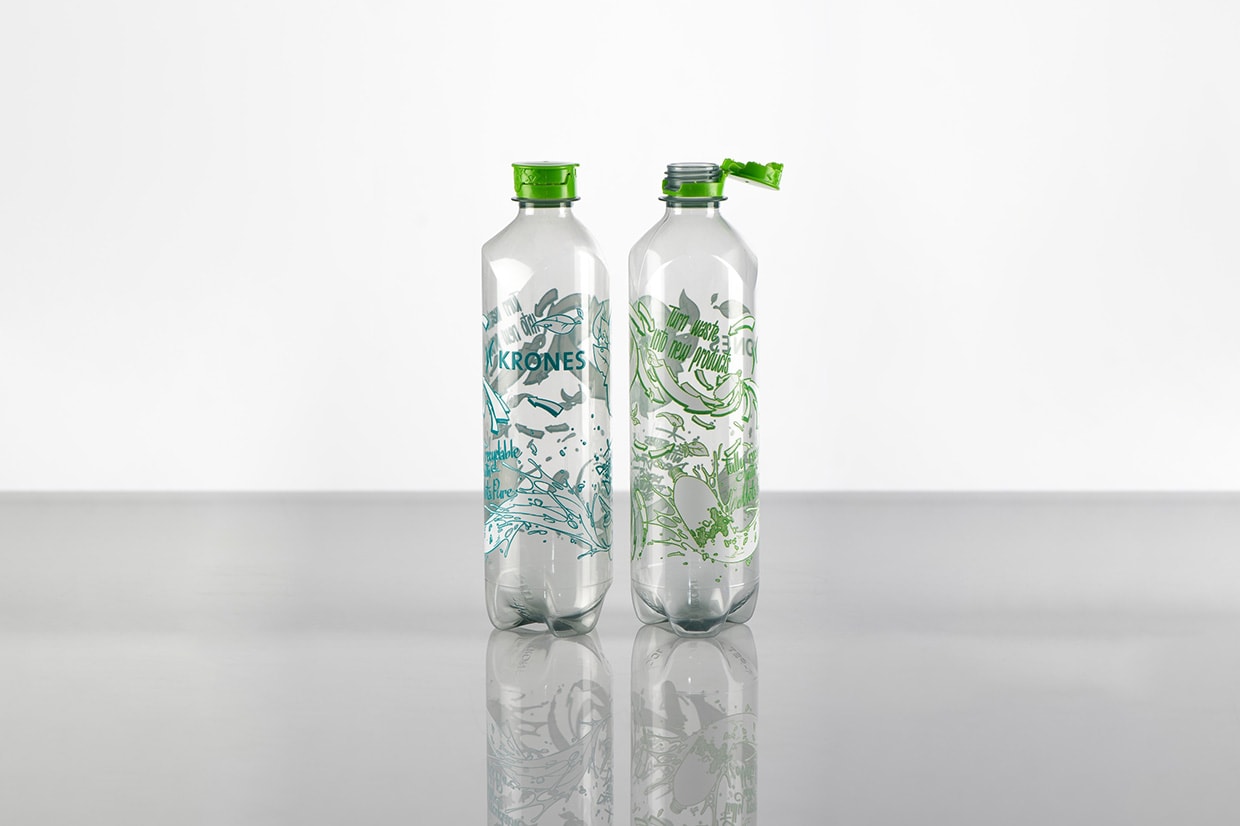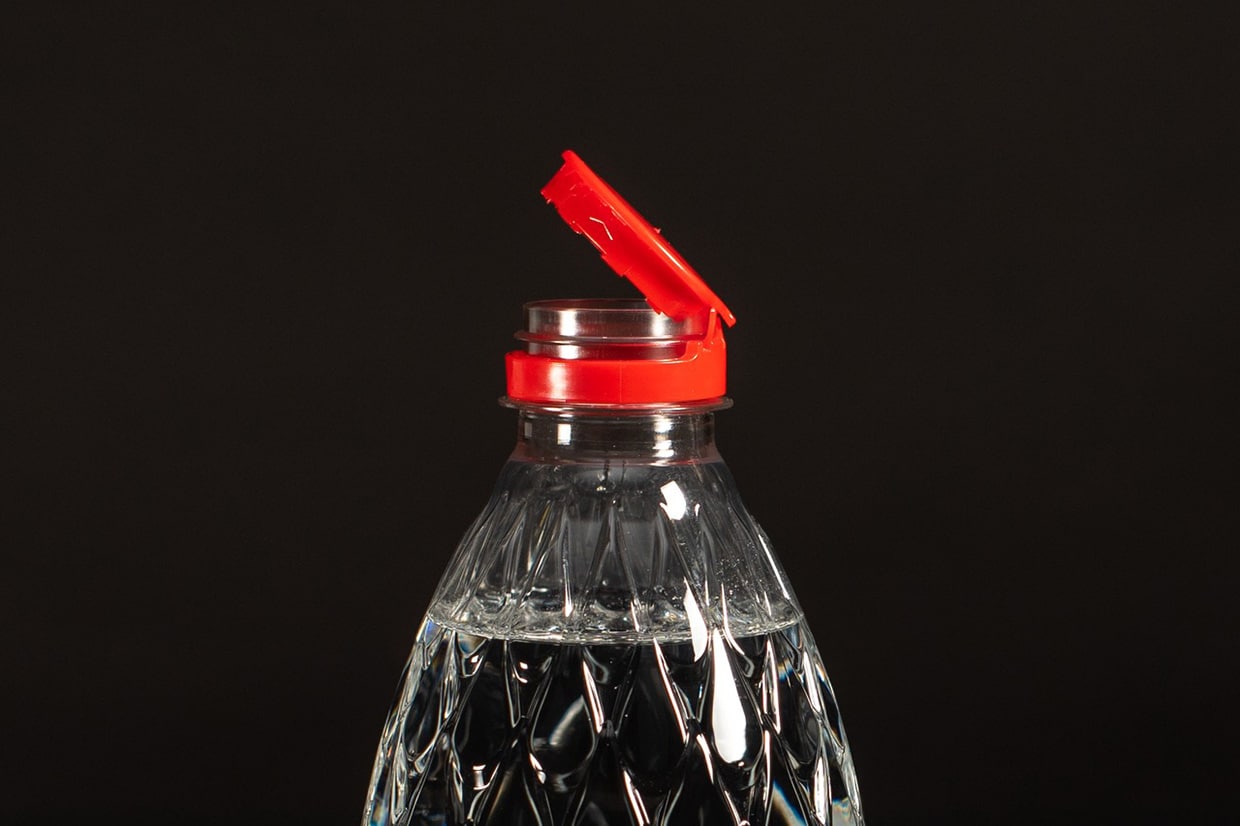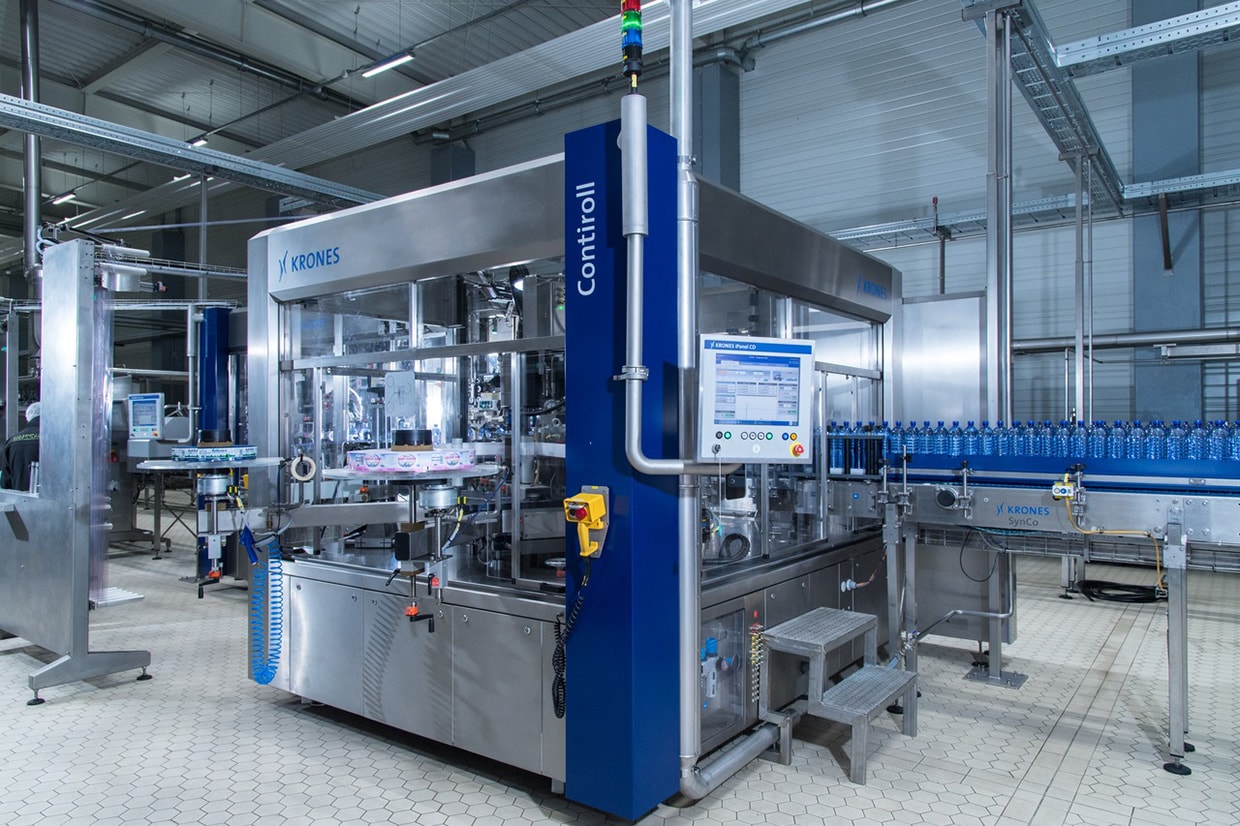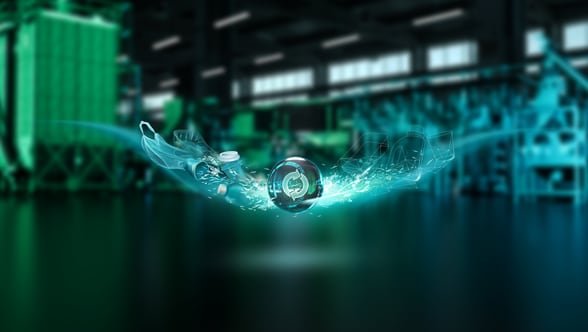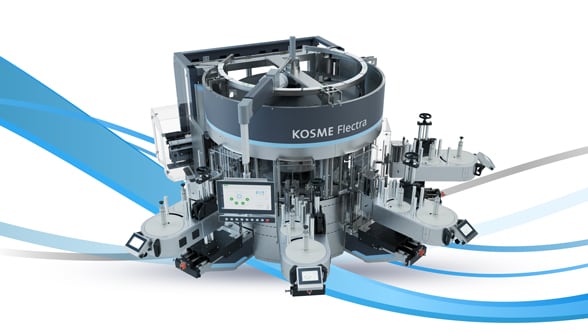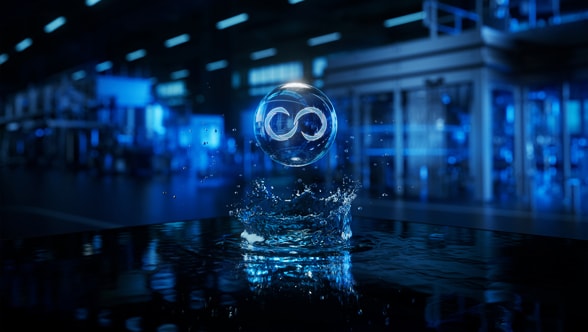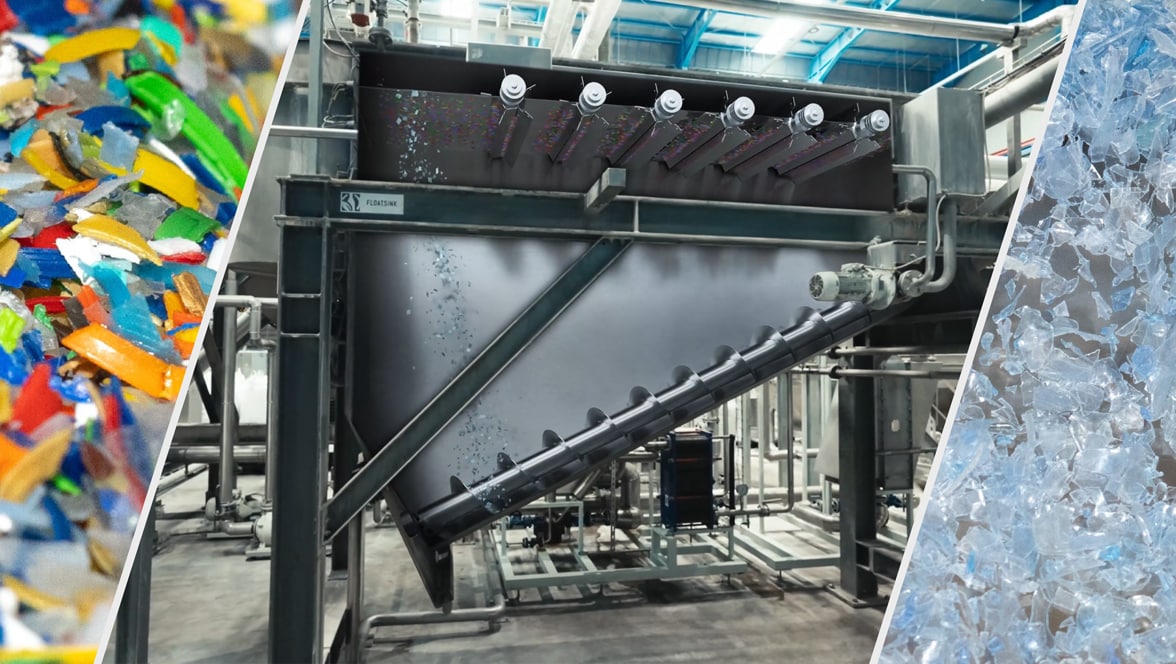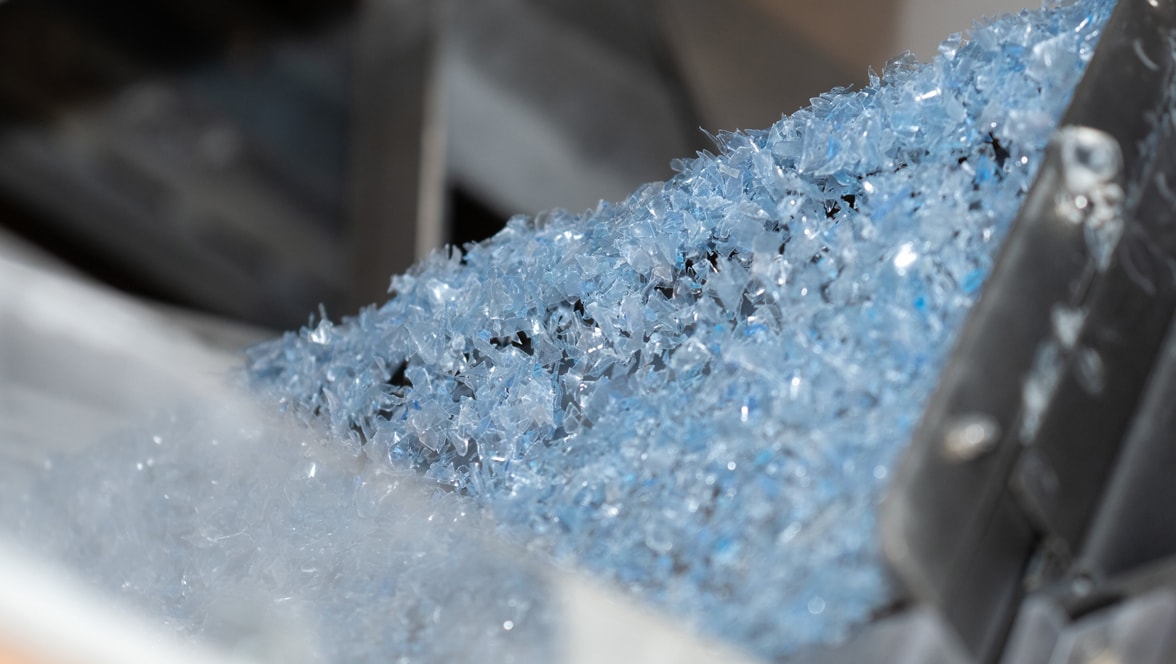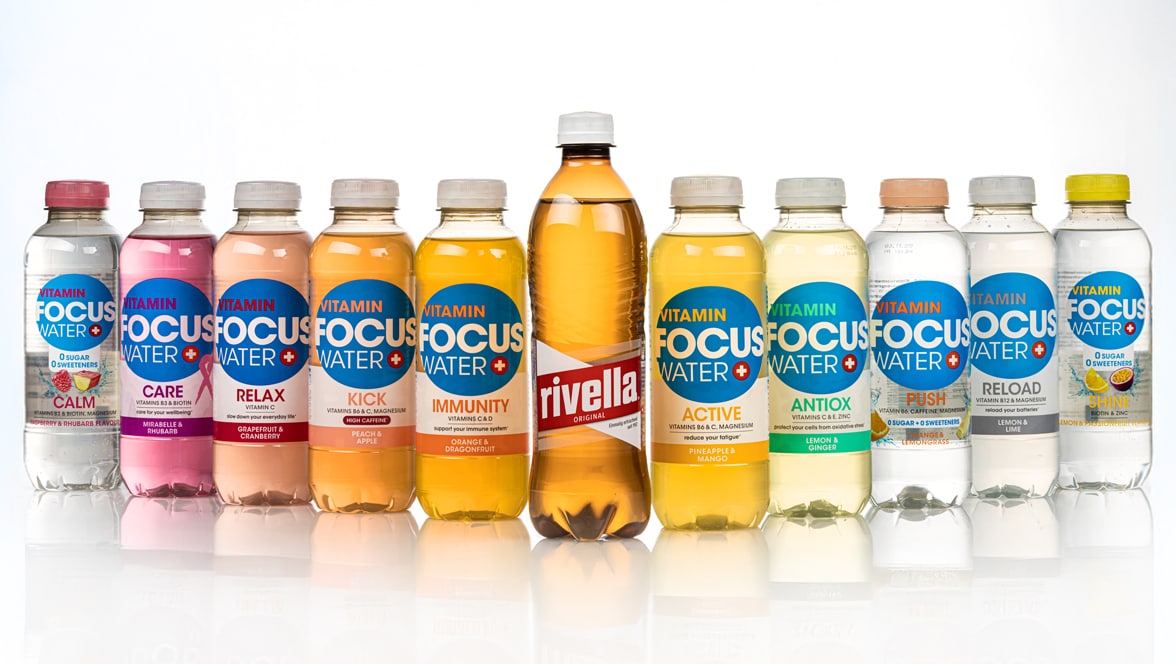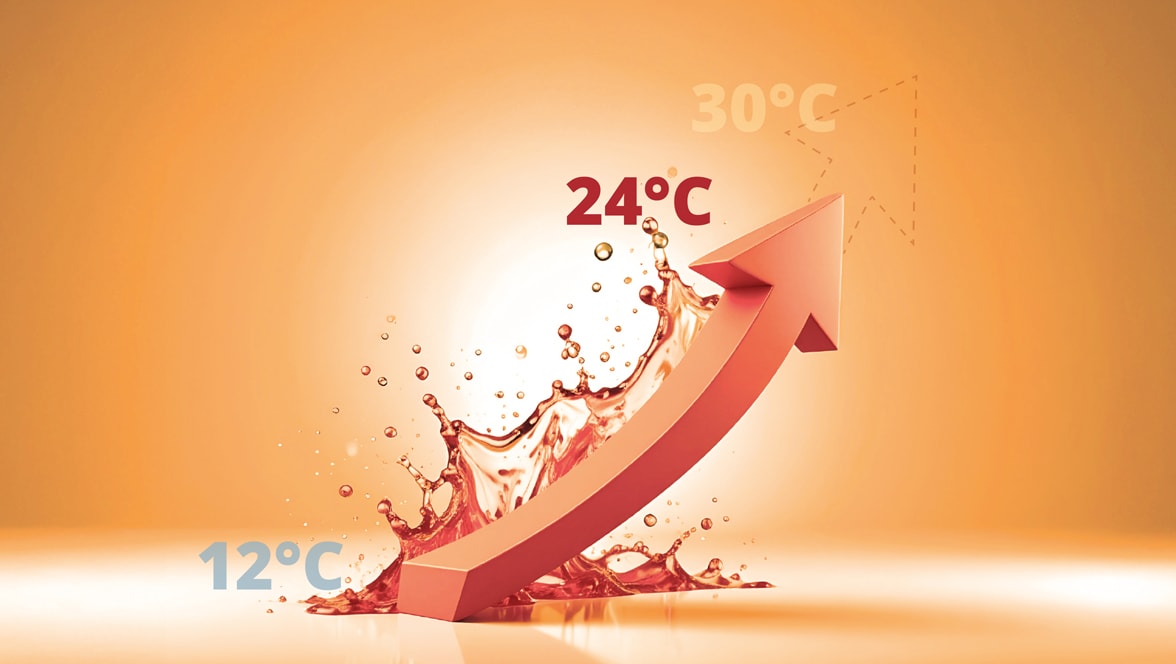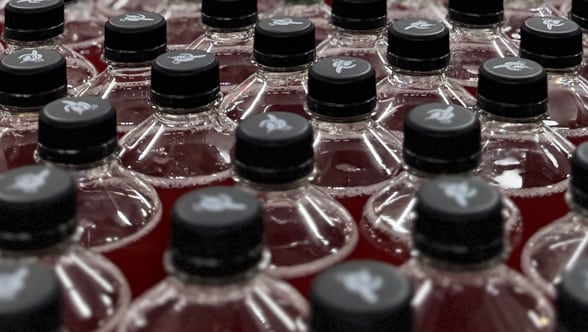An as-is analysis of the articles in the Krones magazine revealed that compared to our climate-protection activities, on which we’ve published regular reports, coverage of the circular economy has somewhat fallen by the wayside. That is due to purely pragmatic considerations: Since this issue touches on so many different fields, we have as yet not managed to put them all into a single article. At the K 2022, too, we will intentionally concentrate on recycling solutions because these are the key technologies instrumental in establishing and maintaining a closed material cycle. Yet they are just part of the whole jigsaw puzzle – perhaps its most important pieces but surely not the only ones.
That is precisely the reason why we joined the European Circular Economy Stakeholder Platform in 2020. It was set up by the European Commission and the European Economic and Social Committee and brings together companies and initiatives proactively engaged in creating a circular European economy. By joining, we entered into a self-imposed commitment to eight qualitative targets which cover different aspects of the packaging cycle. What are these? And above all, what is Krones doing to achieve them? A short summary is given below.

